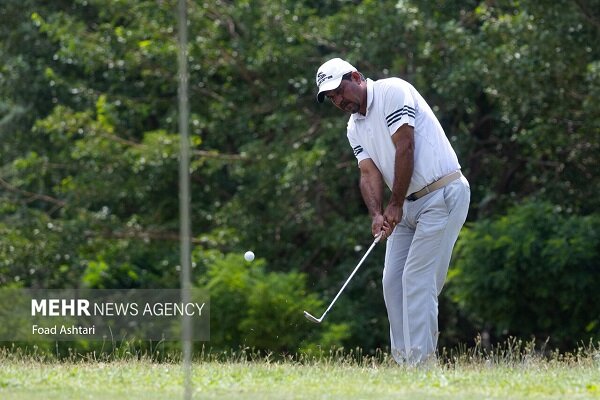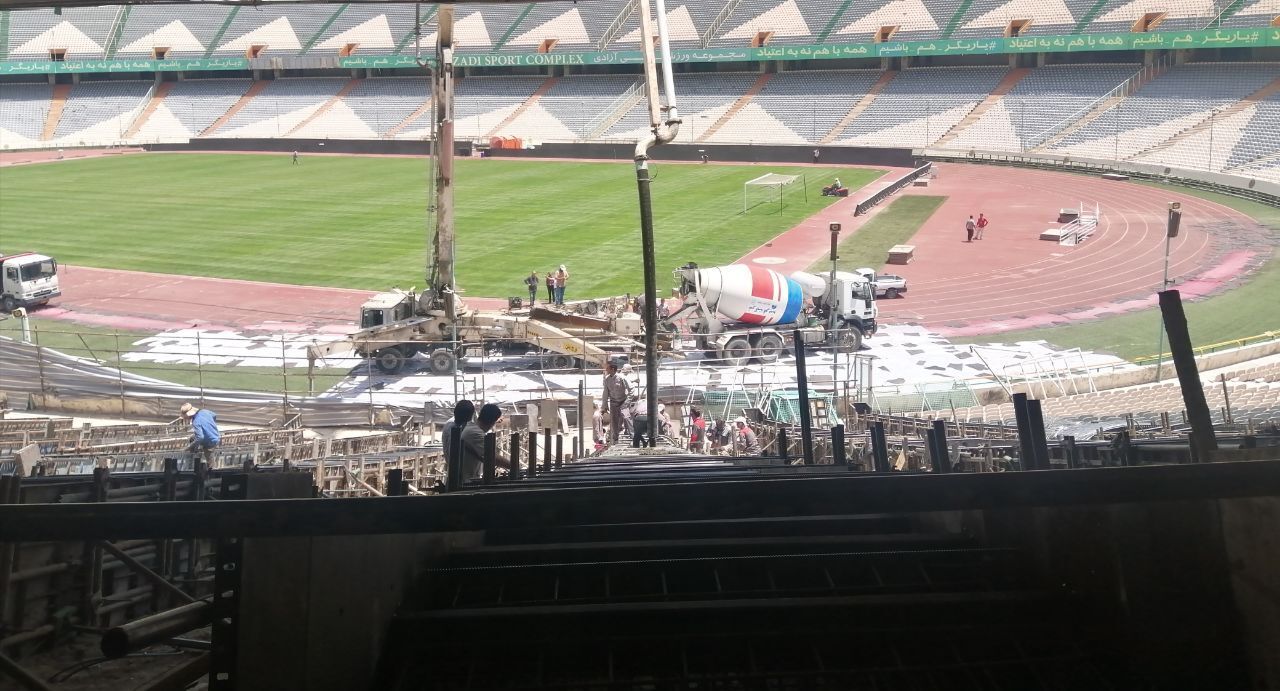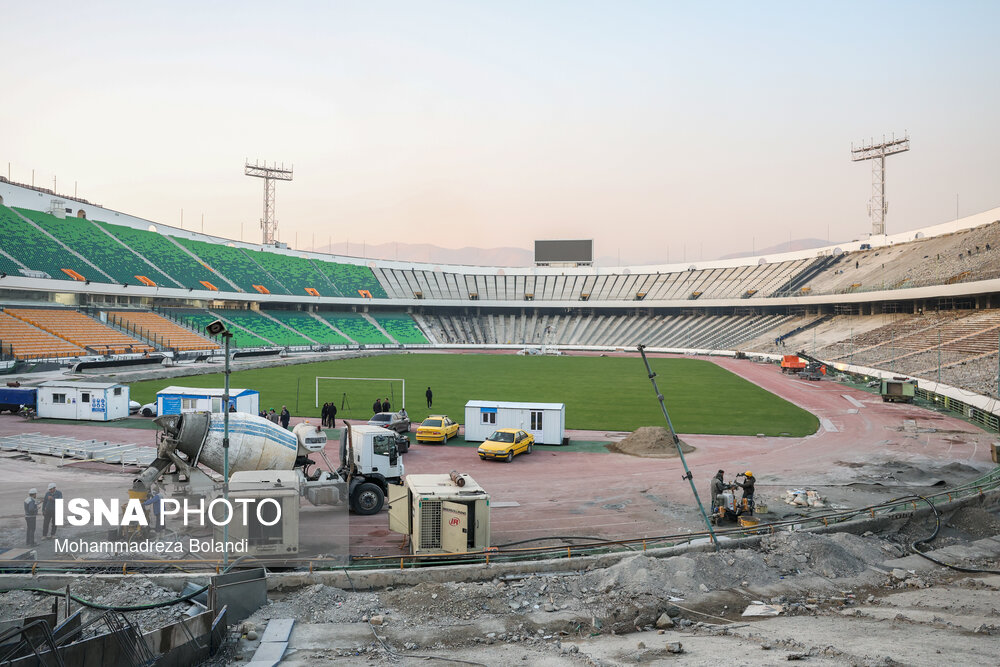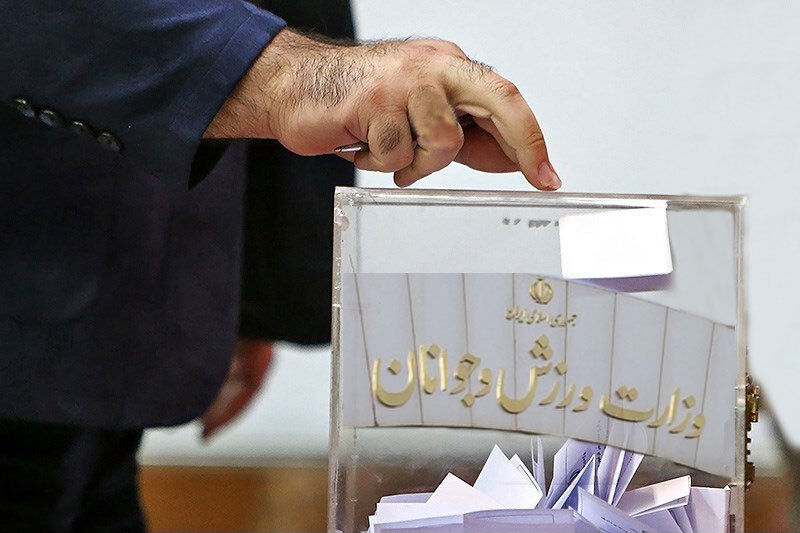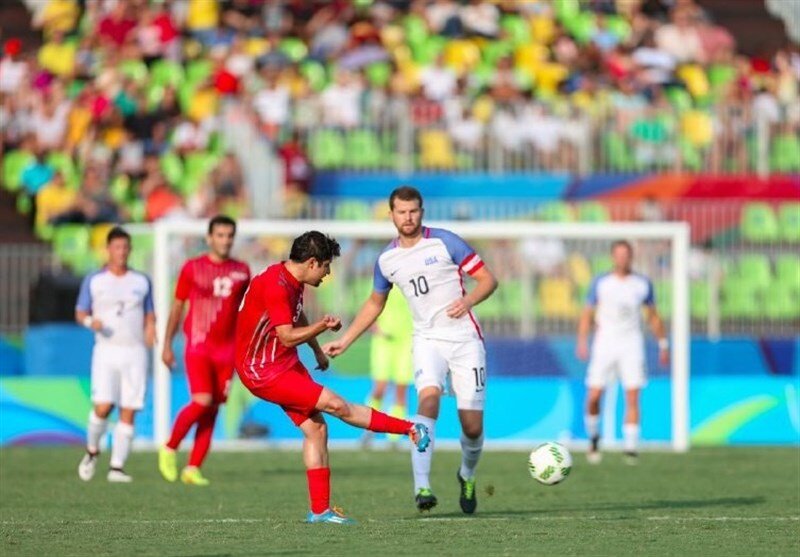Here are the questions Palestinians must confront today to shape their future
Here are the questions Palestinians must confront today to shape their future

Amid rapid transformations in the Middle East’s political and security landscape, and the evolving dynamics of power, it is worth asking to what extent Palestinians are prepared to confront these regional shifts - by both interpreting the broader picture and preparing for what lies ahead, with an aim to centre their cause after two years of genocide.
Palestinians need to reflect on the region through their own eyes, engaging in a forward-looking process to shape the future, rather than merely living under its consequences.
Such foresight is not a luxury, but a necessity at this time, especially as Israel has emerged from the past two years as a more dominant regional power. Without a firm response or mechanisms for accountability, Israel will continue to entrench more “facts on the ground” and shape the region as it wishes, backed by unconditional US support.
If the response to this hegemony is just formal meetings, fancy conventions, and lofty rhetoric without real action to restrain Israel - both regionally and internationally - then nothing will deter it from ensuring a new reality wherein Palestinians lie at the bottom of the priority list.
Unfortunately, given the current dynamics, Israel has enough regional Arab allies to achieve this, posing a serious threat to the Palestinian people’s pursuit of liberation and self-determination.
Adding to the complexity is the fact that the region has arguably become more militarised and securitised than ever before, with the Middle East now accounting for more than a quarter of global arms imports.
This bodes ill for any prospect of lasting peace or human security in the region, since the priority of most regimes - which are predominantly authoritarian - will be their own survival and security, not the security of their peoples. This will continue to hinder the abilities of Arab peoples to work collectively for their own freedom - a freedom that would, in turn, benefit Palestine.
Evolving dynamics
Moreover, war in our region always seems to be just around the corner. We will likely witness another round of regional escalation in the near future, even as today we hear the drums of “peace” - a peace far removed from the true meaning of the word.
How prepared are Palestinians for either scenario, “war” or “peace”? Or will they once again be mere spectators - reacting to results and consequences, rather than helping to shape the future trajectory?
Follow Middle East Eye's live coverage of the Israel-Palestine war
Today, more than ever, Palestinians must read and analyse the region through a purely Palestinian lens - not through the perspectives of others. Amid evolving regional dynamics, they must take seriously their own political agency.
For example, how are Palestinians dealing with the repercussions of the decline of the Iran-led “axis of resistance”? Regardless of where one stands on its efficacy, it clearly served as a counterweight to Israeli-US hegemony. Today, with this axis waning, what will happen to the regional balance of power and Palestine’s place within it? Palestinian answers to these questions must form the foundations for further internal discussions.
After two years of genocide, the vision cannot remain the same as that of the past 30 years, nor can the leadership
Another example is regional normalisation and how Palestinians view this process. While the sought-after normalisation with Israel has been temporarily paused, some parties will surely seek to revive the Abraham Accords sooner or later. The main signatories are unlikely to take the genocide and its aftermath seriously; some may argue that future wars could be prevented by deepening normalisation and bringing more countries in.
What, then, will be the concrete and substantive Palestinian response - or is the desired outcome merely a return to the “old normal”, after all the sacrifices made by Palestinians in Gaza over the past two years?
Another aspect of future foresight concerns the actors and influencers shaping the region’s future - and the extent to which Palestinians are engaging with emerging trends that do not necessarily align with old, familiar patterns.
The region is pivoting eastwards, and increasingly questioning the reliability of the US as a strategic partner; one needs only to look at the economic corridors set to shape the region over the next decade, amid major economic deals with China and India, arms trade with Asian countries, and massive infrastructure investments. How are Palestinians interpreting these fundamental transformations?
Rebuilding Gaza
There are two main regional actors upon whom Palestinians should focus in the coming stage, and with whom they must change their strategic engagement: Saudi Arabia and Egypt.
Saudi Arabia is currently leading the new global coalition for a two-state solution, and it is essential to prevent this from morphing into a new Oslo Accords framework. Doing so requires a serious dialogue between Palestinians and their Saudi counterparts.
As for Egypt, it is trying to reclaim its role as a central regional player after a decade of absence - which partly explains its leadership of Arab efforts related to the “day after” for Gaza.
What unites these two actors - Saudi Arabia and Egypt - is their shared interest in reaffirming the Palestinian Authority’s role and leadership, whether through Saudi financial support or Egyptian political backing, ahead of its return to Gaza. The danger in this approach is that it risks once again failing the Palestinian people.
The reconstruction of Gaza, and the governance mechanisms that will be put in place going forward, will be the real test - not only for Palestine’s future, but for the future of the entire region. All of this demands and requires a legitimate, representative and effective Palestinian leadership with regional weight and a visionary outlook.
After two years of genocide, the vision cannot remain the same as that of the past 30 years, nor can the leadership. That is why a serious, genuine, inclusive and independent national dialogue - free from any regional tutelage - has become more urgent than ever.
Only through such a genuine national dialogue can Palestinians effectively prepare for a rapidly changing regional landscape. The time to act is now.
The views expressed in this article belong to the author and do not necessarily reflect the editorial policy of Middle East Eye.




